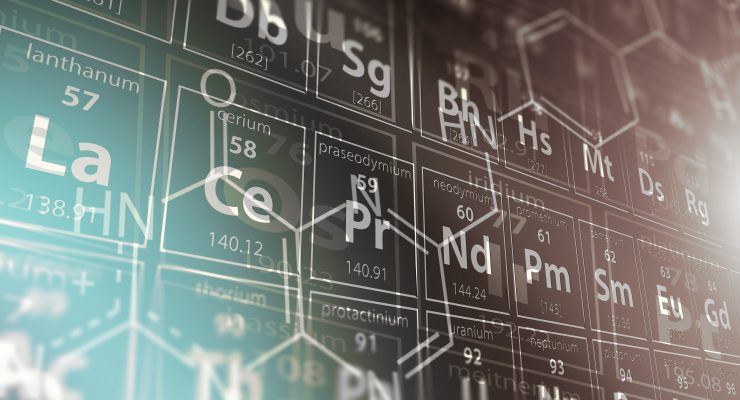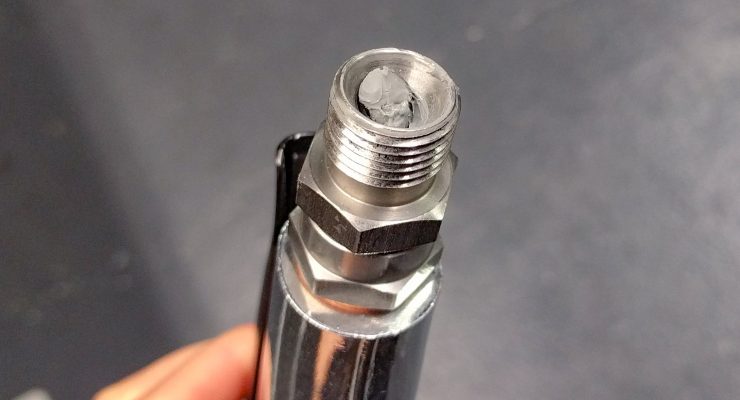Why is chemical compatibility important when selecting dispense equipment?
Posted
Chemical compatibility is probably the single most important factor to consider when selecting dispense equipment for adhesives, sealants and fillers.
Both the material to be dispensed and the materials that the dispense equipment is constructed from and the way that they react with one another is critical to the performance of the dispense equipment.
We will outline some of the common problems and the effects that these could have.
- Corrosion of metal parts in the dispense equipment. This leads to premature failure of the equipment resulting in production downtime, the need for costly repairs or even new dispense equipment. This can be very expensive and something to be avoided at all cost. The way that this can be avoided is to ensure that the materials to be pumped and the metals that the dispense equipment is constructed from are compatible. For most applications, stainless steel parts are the most corrosion resistant. There are many grades of stainless steel each with their own unique characteristics, we will ensure the correct grades are specified, the correct heat treatments applied to ensure the equipment is fit for purpose and offers best performance.
- Seal failure, causing leakages and ratio imbalance. Some chemicals contained within products attack the seal material causing it to embrittle and break down, or swell, or soften and disintegrate. This results in leaks, which are time consuming and messy to clear up, not to mention the waste that they cause both in lost product and lost time. In metering systems seal failure can cause ratio imbalance. For high precision dispense systems this can be detrimental to the cure consistency of the adhesive being applied – de-bonded parts and soft spots resulting in costly rework.
- Premature polymerisation of adhesives resin is also another issue and can be caused by incompatible materials. This results in dysfunctional machinery as it is full of cured material, meaning countless hours of work involved to strip back and clean down the machinery. Not to mention the time lost to the production lines as the dispense equipment is out of action. This is also a problem that often crops up when the correct hoses are not specified. For example, if a moisture curing product such as an MS Polymer is being dispensed, hoses must be Teflon lined to stop any ingress of moisture and the potential for material to cure in the hose.


